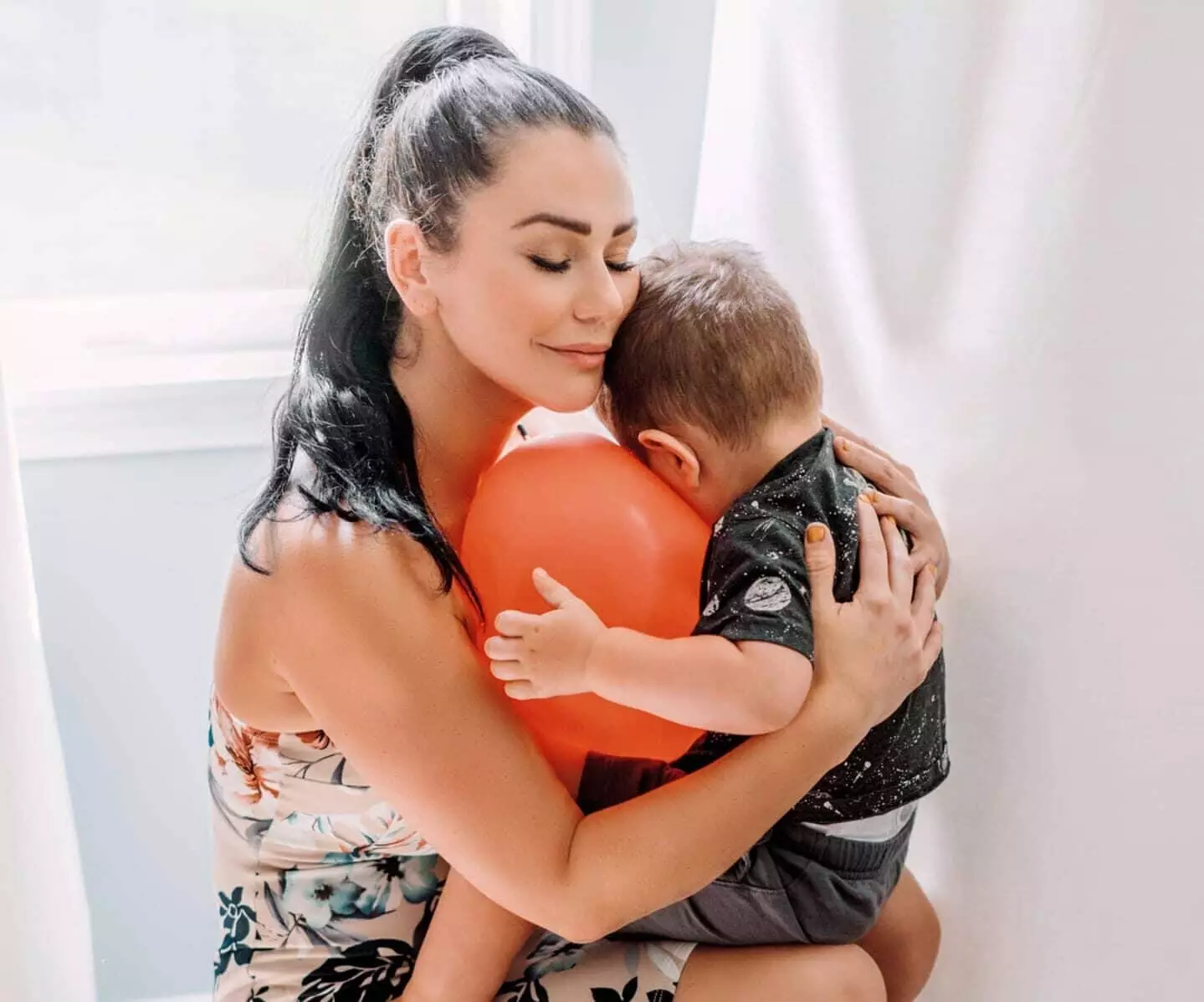When one of reality television’s boldest personalities, Jenni “JWoww” Farley, opened up about her son Greyson’s speech delay on the premiere of *Jersey Shore: Family Vacation*, she didn’t just share a moment of vulnerability — she catalyzed a much-needed conversation about a prevalent childhood issue. For many parents grappling with similar challenges, seeing a public figure candidly discuss the struggles associated with a child’s developmental hurdles serves to normalize their own experiences. Farley’s confession acknowledges a reality that not only impacts her family but resonates with countless others navigating the complexities of parenthood, particularly in a world increasingly fixated on perfection.
The Weight of Expectation
Farley’s reflections on her initial disappointment reveal a fundamental aspect of parenting: the weight of expectations. The desire for children to embody an ideal often leads parents down a difficult emotional path. Societal pressures construct an idea of the “perfect child,” making it easy to feel disheartened when reality falls short of that ideal. This shared sentiment amongst parents allows us to empathize with Farley’s struggle, illustrating how the pressures of external validation can seep into the most intimate of family narratives. While she expressed heartbreak over Greyson’s speech delay, her journey also transposes the broader dialogue regarding parental expectations and the importance of self-compassion.
Support Systems: The Power of Community
What stands out in Farley’s experience is the overwhelming response from the public once she revealed her son’s challenges. The surge of supportive messages she received underscores a vital component of navigating parenting — community engagement. Establishing connections with other parents who have encountered similar obstacles is incredibly reassuring. It fortifies the idea that no parent is truly alone in their struggles, fostering a network of shared experiences that can provide hope and guidance. Farley’s gratitude for this outpouring illustrates her desire not just to find solace but to offer support, highlighting the role of the community in parenting journeys.
Understanding Speech Delays: Facts and Myths
The concern surrounding speech delays in children is backed by statistics revealing that between 2.3% to 19% of children aged two to seven face challenges in this area. Most notably, many parents may not be aware that such delays can be quite common, contributing to undue stress when their children do not meet developmental milestones. Current guidelines indicate that by age two, toddlers should be using two to four-word phrases. However, it’s important to note that each child’s development trajectory is unique. Listening to experts, as Farley has, reassures parents that seeking guidance from health professionals is critical, not just for diagnosis but for access to interventions that can facilitate improvement.
The Road to Intervention
Therapies play a pivotal role in addressing speech delays, with developments showing that early treatment substantially benefits children. By having Greyson participate in therapy three times a week, Farley exemplifies the proactive approach parents can take. Developments in pediatric health emphasize that intervention is especially effective when recognized early, helping to alleviate the burden of developmental delays long-term. It’s essential to clarify that while not every child encountering speech delays will need extensive therapy, as Farley’s account suggests, taking steps to early diagnosis opens doors to support that could greatly enhance language development.
A Message Beyond the Screen
Farley’s choice to publicize her son’s situation speaks volumes about the intersection of celebrity and social responsibility. She recognizes the platform her reality show affords her, leveraging it not only for entertainment but as a conduit for advocacy and awareness. This decision reflects a deeper understanding of the impact that sharing such personal ventures can have in promoting understanding around developmental challenges. Her narrative transcends mere glamour, fostering a more inclusive environment where struggles can be openly discussed without the stigma of shame.
In essence, Jenni “JWoww” Farley’s journey through the challenges of her son’s speech delays embodies an authentic and powerful portrayal of modern motherhood. Through vulnerability, community support, proactive engagement in therapies, and the dissemination of knowledge, she presents a blueprint for navigating the often isolating experience of parenting. The reality may be challenging, but Farley’s message resonates clearly: seeking help and supporting one another is essential in the quest for understanding and growth.

